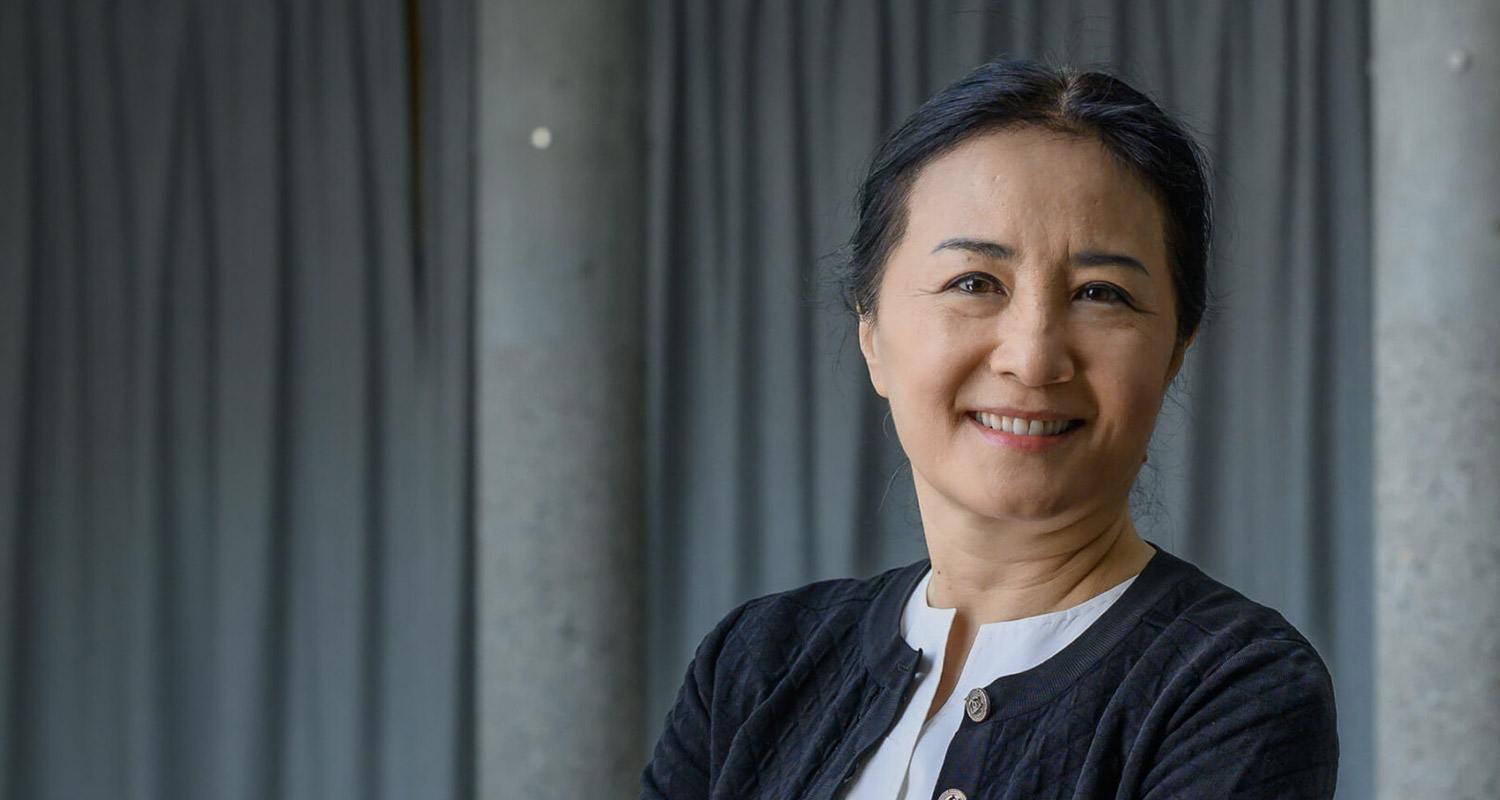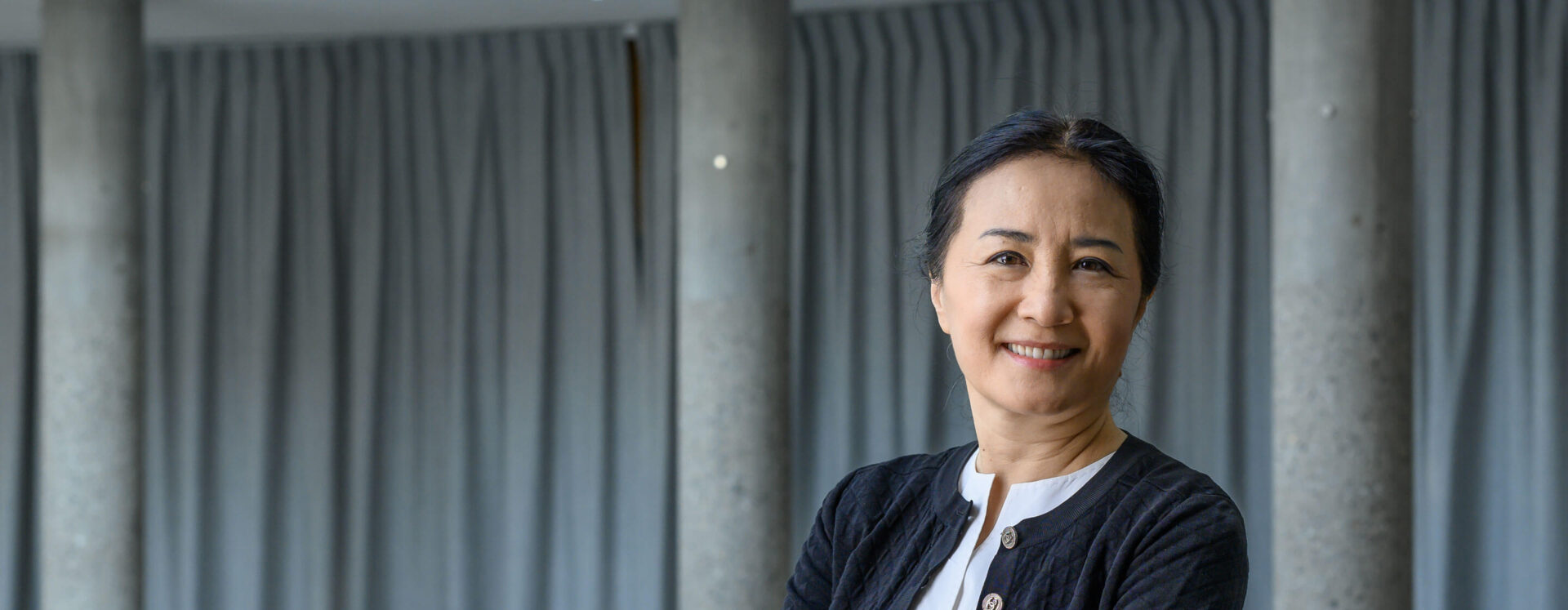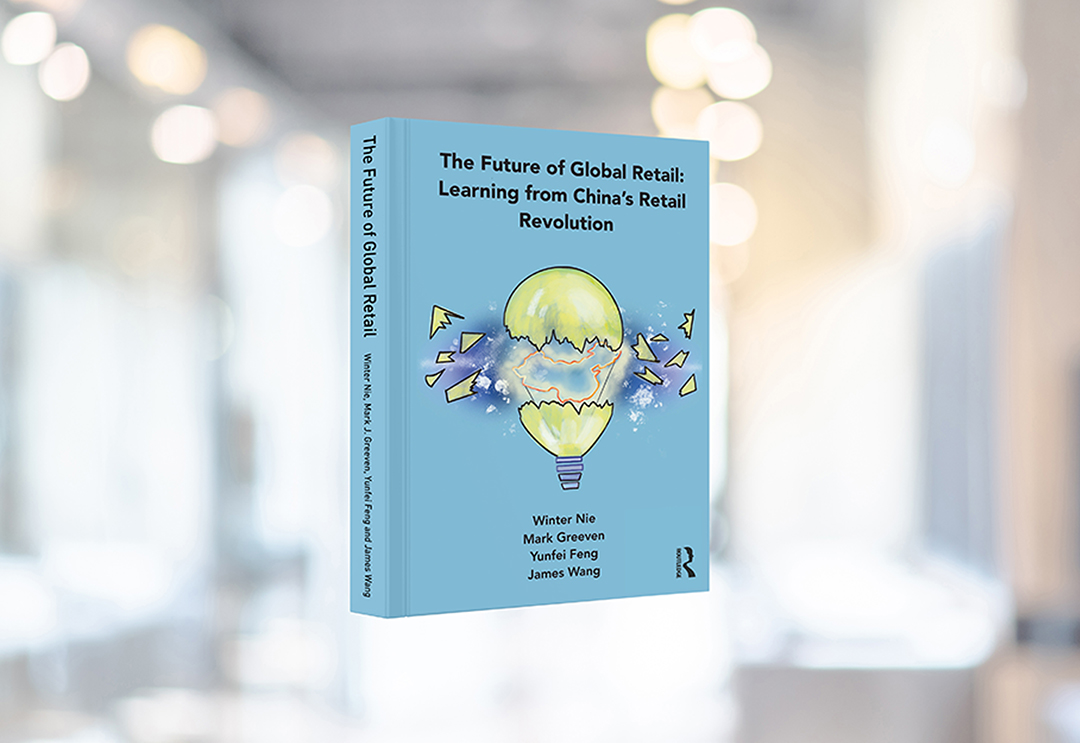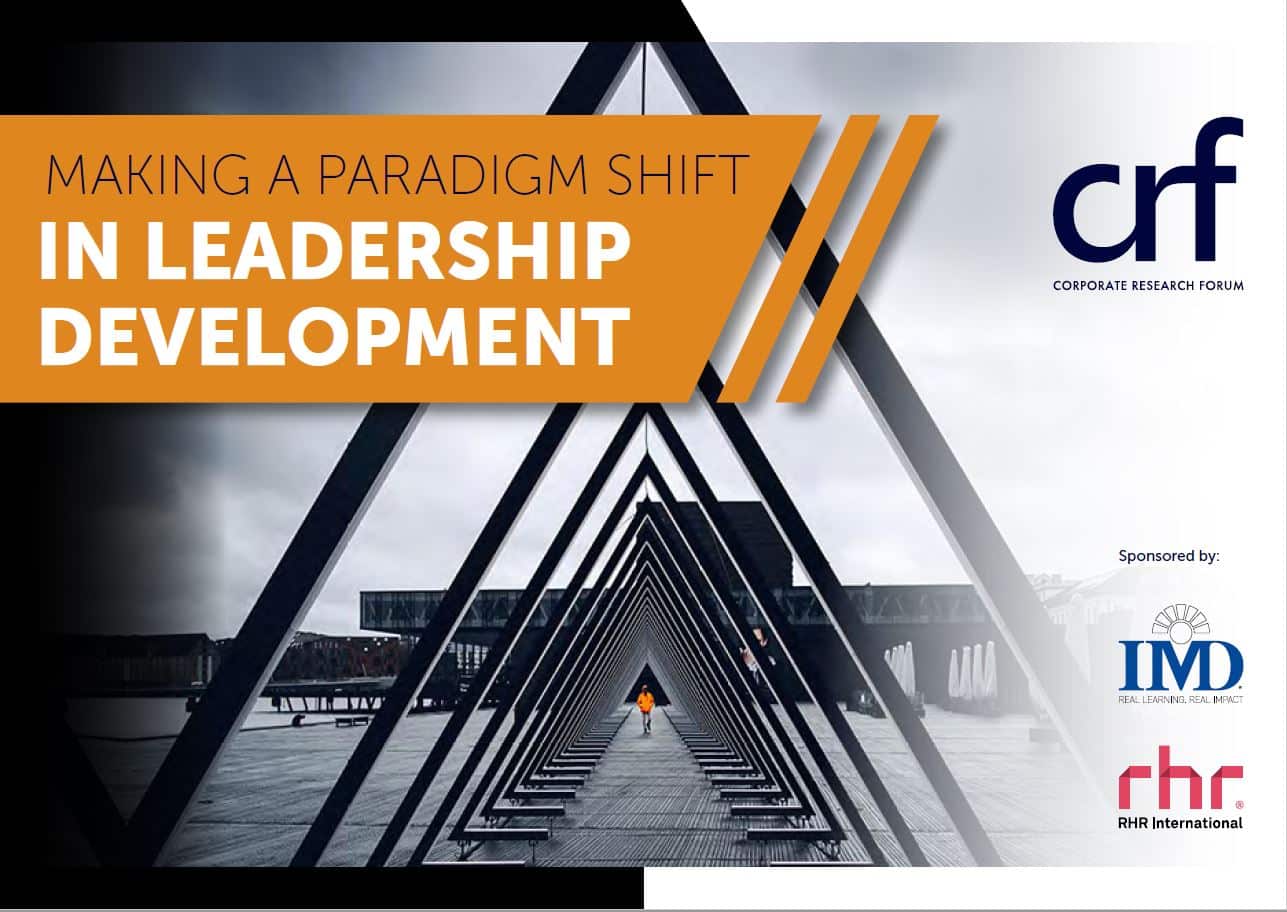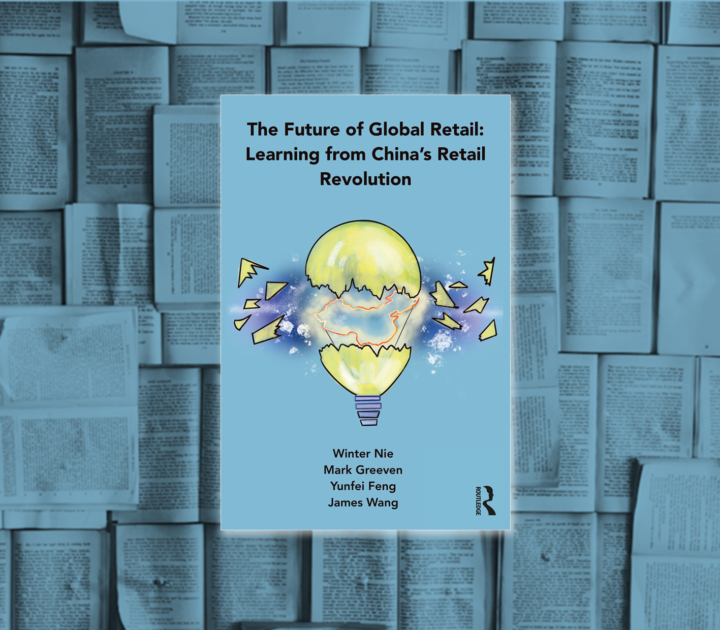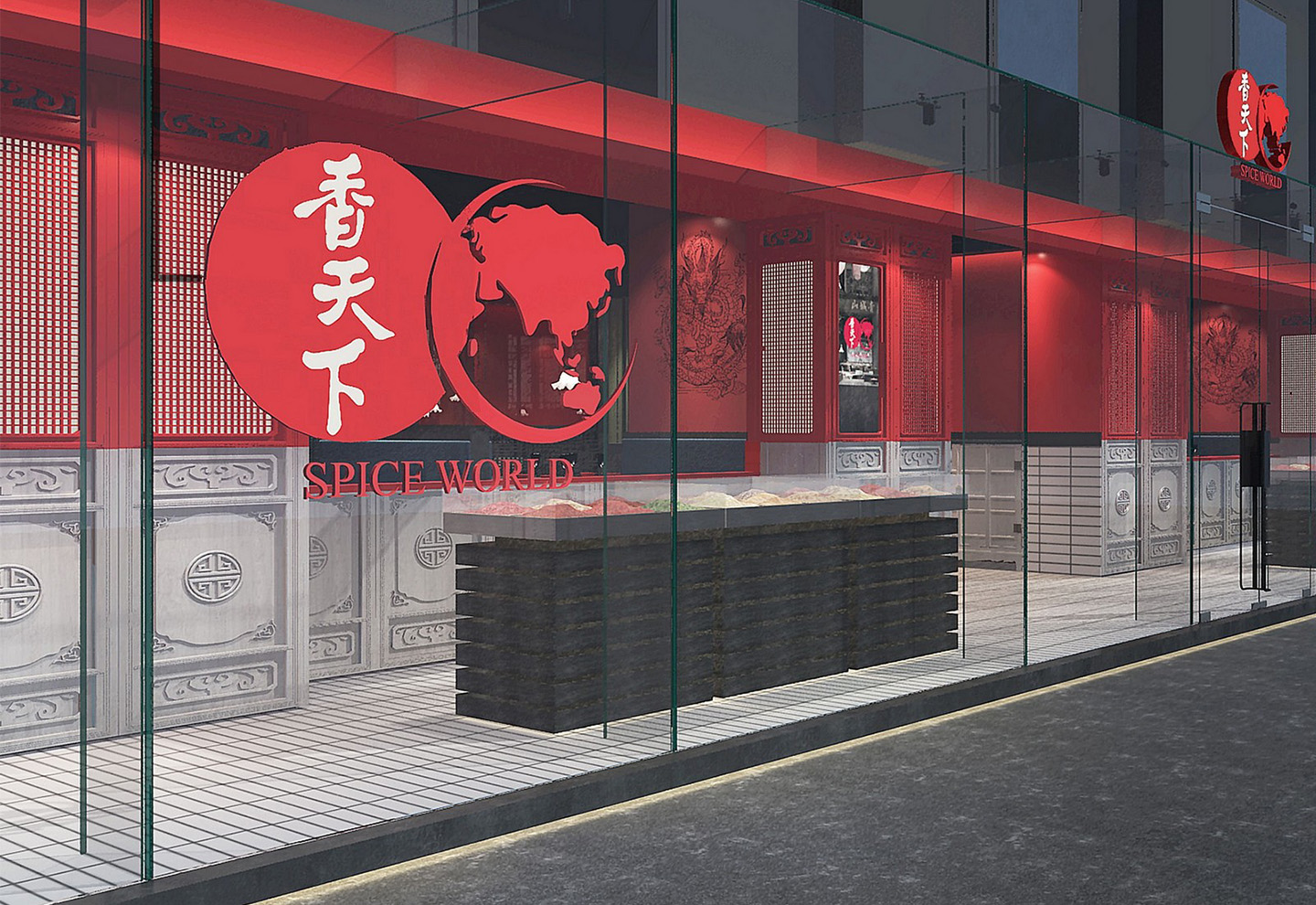Winter Nie is Professor of Leadership and Organizational Change and Managing Director of IMD China. She teaches on IMD’s flagship Orchestrating Winning Performance (OWP) program and served as IMD’s Regional Director of Southeast Asia, Australia, New Zealand, and Oceania until 2019. Her expertise lies at the intersection of change management and leadership, with a focus on strategy, team dynamics, and change initiatives. She has a deep understanding of how people at different levels in an organization react to change and how leaders can effectively manage resistance and organizational dynamics.
Nie says companies are always dealing with tensions in relation to their external environment, strategic direction, or internal capabilities, and that there are no perfect answers that always apply – everything depends on the individual company’s situation, purpose, strategy, and positioning – but she is able to help leaders skillfully navigate through these tensions into the future.
There is no such thing as a perfect organization or perfect leader. However, self-awareness is the foundation of effective leadership. If you view yourself as a work in progress, there are always things you can improve on.
She is trained in psychodynamics as well as business, holding a Tavistock Consulting Advanced Certificate in Decoding Group Dynamics and certifications in several psychometric instruments on leadership and organizational development, so a lot of her work focuses on top management team dynamics. She helps business leaders to improve team dynamics where necessary, but also to identify situations where problems may have their roots in the strategy or external environment rather than the dynamics of the team.
Nie is also able to guide companies through organizational transformation and change initiatives, believing that the only way to keep up with the unrelenting pace of change in the world is to constantly learn, unlearn and relearn, with openness, courage, and humility.
She is particularly well equipped to provide support on strategic initiatives in areas such as customer centricity, moving from products to solutions, and operational/service excellence, and she has in-depth knowledge of doing business in emerging markets, low-cost competition, and innovation culture.
Nie works with companies who want to embark on organizational transformation at the individual, team, and organizational levels, looking beyond surface rationality into the unconscious forces below that shape the direction and speed of change. She also supports companies with senior leadership development, including work with both Western and Chinese companies on CEO and senior executive succession. Her advice is always anchored in the organization’s goals and business requirements and leverages her keen observations of team dynamics and individual behaviors and insights into human nature.
She has worked with many global companies in a wide range of industries, including engineering and technology, service and consulting professions, fast-moving consumer products, banking and finance, telecommunications, pharmaceuticals, gaming, and the internet, and sits on the boards of Singaporean software company Opsis and Chinese e-commerce group Valuesense.
Nie is a trained teacher of Mindfulness Based Cognitive Therapy (MBCT) from Oxford Mindfulness Centre. She is the author of several books and articles in academic and practitioner-oriented journals.
Her 2021 book The Future of Global Retail: Learning from China’s Retail Revolution provides a roadmap to help global retail executives prepare for the decade ahead, drawing on lessons on innovation, purpose and agility in emerging markets. Nie and co-authors Mark Greeven, Yunfei Fang and James Wang call this framework the “Beyond” Value Chain Model.
Her MIT Sloan Management Review article Rethinking the East Asian Leadership Gap showed how the difficulties experienced by many multinationals in identifying managers with leadership potential in East Asia are more to do with prevailing Western views of leadership than about available talent.
Nie’s 2012 book In the Shadow of the Dragon: The Global Expansion of Chinese Companies – and How It Will Change Business Forever provides insights into subtle yet powerful strategies used to gain market dominance, key players’ approach to going global and the Chinese way of innovation, and her 2009 title Made in China – Secrets of China’s Dynamic Entrepreneurs explains how multinationals can compete or work with Chinese entrepreneurs.
Before joining IMD in 2006, she was a tenured Associate Professor at Thunderbird School of Global Management in the United States.
China's rapid economic growth has made it a vital market for the biggest multinational corporations, most of which have invested heavily in China. Yet those corporations face their toughest competi...
![in_the_shadow_of_the_dragon-800x1200[1] - IMD Business School - IMD Business School](https://www.imd.org/wp-content/uploads/2022/07/in_the_shadow_of_the_dragon-800x12001-1-294x441.jpg)
